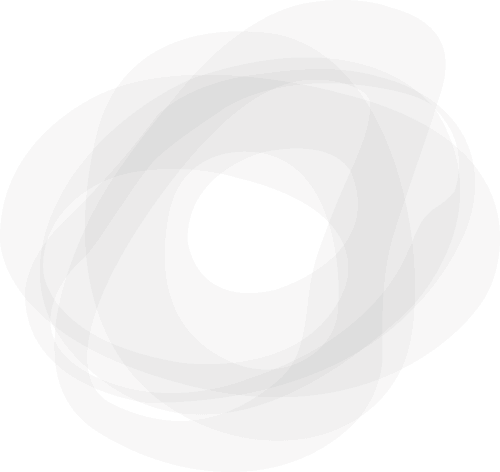People who work with me seek to reclaim and inhabit their bodies in new and significant ways. Some yearn for peace and acceptance to traumatic and often horrifying experiences from their past, others enter into our work to find and answer the call of their life purpose – creatively, relationally or experientially. My practice focusses on the embodiment and transformation of self through relationally oriented somatic attachment therapy, affect regulation, and by deepening connection to nature and embodied wisdoms.
Somatic psychotherapy, relational and interpersonal psychoanalytic psychotherapy, eco-feminist psychology, attachment theory, embodiment practices, and emergent research from the neuroscience community inform my practice and provide a context from which to work. Somatic psychotherapy links the neurophysiology and psychology with the wisdom of the body as it relates to trauma resolution, the inherent stress of daily living, and attachment relationships; relational and interpersonal psychoanalytic oriented psychotherapy explicitly uses the therapeutic relationship to repair and resolve past relational wounds; eco-feminist psychology brings into focus the interconnection of all living things, looks through the lens of power differences and societal/cultural influences and examines the inter and intra dependence of relationships; and embodiment practices foster a deeper connection to the body which is the starting point for self-knowledge. Research from the neurosciences offers a deeper understanding as to the biological and physiological functioning and responses to traumatic events that underpin our functioning and relational patterning. While these theories inform the way I practice, it is the co-created relationship that exists between therapist and client that is the essential catalyst for healing.

“I consider the care each of us gives our bodies, psyches, communities, and the earth, to be part of our political work.”
On a more personal note, I am passionate about my work, I aspire to engage with life as deeply as possible in each moment, and I am deeply connected to nature. I believe in the value of activism and community participation, life-long learning, and engaging with our creative selves. I live and work on the unceded territory of the Lekwungen peoples, and the Songhees, Esquimalt and WSÁNEĆ Nations whose relationships with this land continue to this day.
I am a Registered Clinical Counsellor and have a PhD in Leadership Studies and an MA in Counselling Psychology both from the University of Victoria. My doctoral program focused on social justice and social change and my doctoral research explored how embodied knowledges (the body) informs and is affected by women’s eco-activism and looked at the body and earth as living sites of knowledge. My master’s thesis explored the lived experience of women who choose not to have children.
I am involved in multiple learning communities and believe that ongoing personal/professional development and consultation is integral to ethical practice. I have studied extensively, and continue to do so, in the fields of: trauma, attachment, relational/interpersonal practice, psychoanalytic studies, emergent neuroscience, embodiment, and somatic therapies. I have had the privilege to study with Dr. Allan Schore for many years in the neuroscience of human development, trauma, dissociation and attachment with a psychoanalytic focus on brain-body connection. In my exploration of somatic psychotherapy, I trained with Dr. Peter Levine and for over a decade trained and was mentored by Dr. Sharon Stanley. I have also trained with Dr. Mary Main and Dr. Erik Hesse in the Adult Attachment Interview and trained in Interpersonal Psychoanalytic Psychotherapy through the William Alanson White Institute.
Sessions are 70 minutes and $205.00 including gst per session and available weekdays by appointment. Longer sessions are available by arrangement and pro-rated.
Payment by cash or cheque. I require 24 hours notice to change or cancel an appointment.
My practice is currently closed to new folks.
Therapy is covered by some extended health plans and you may be covered by the Crime Victim Assistance Program.